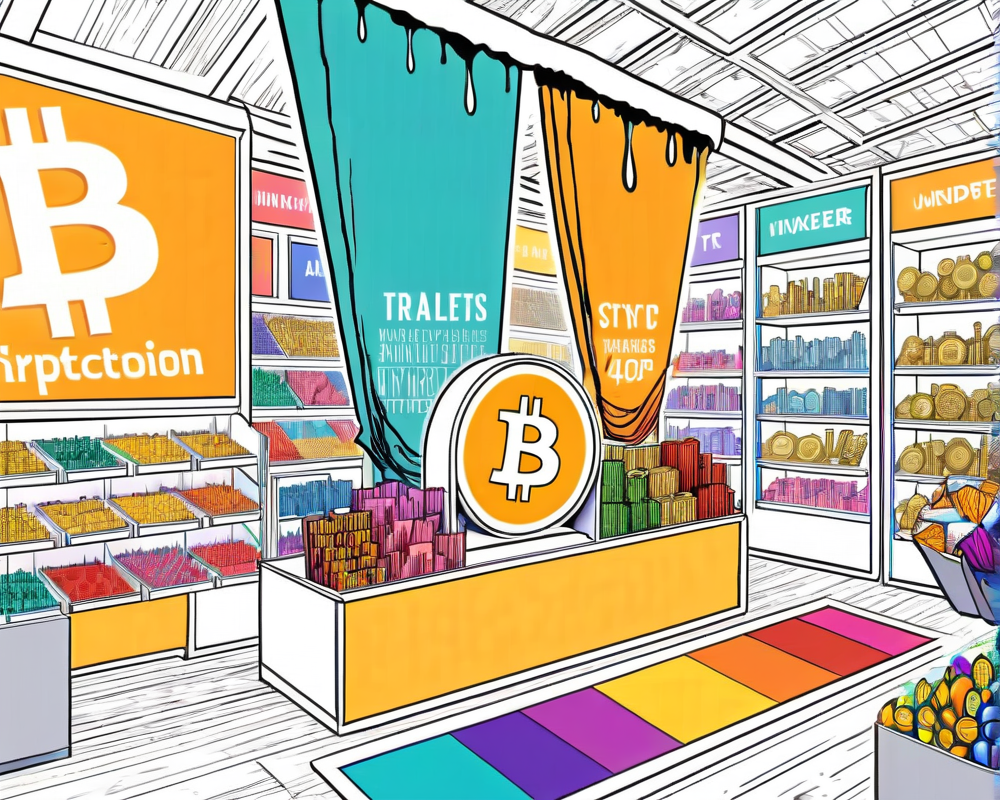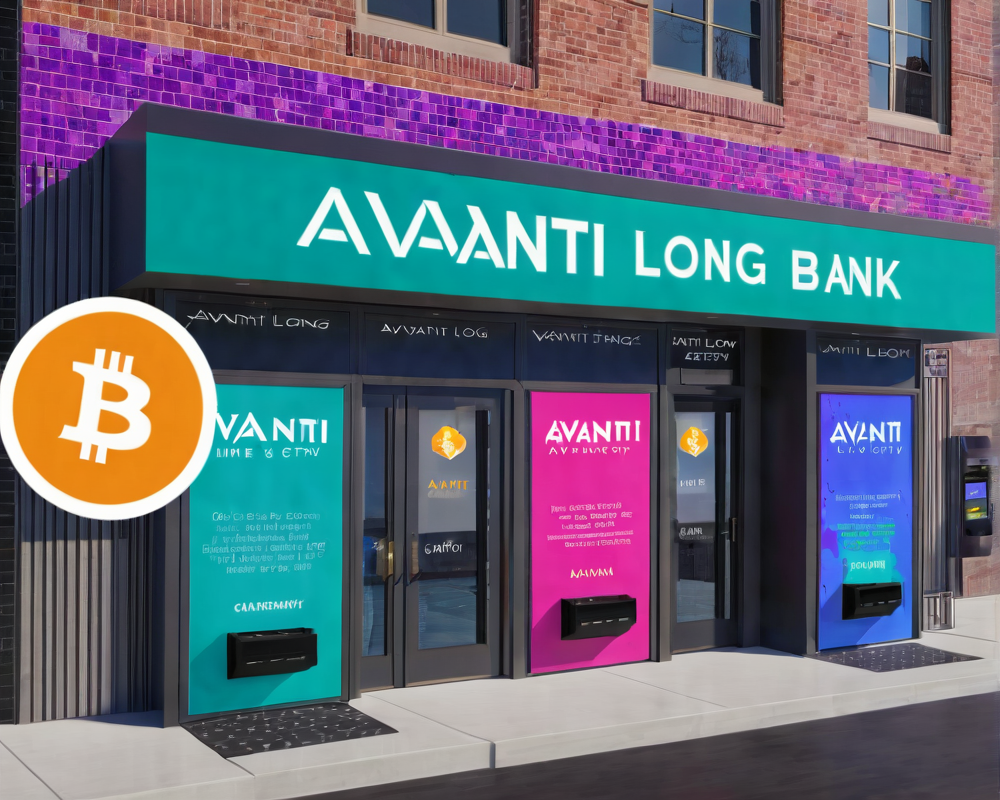ING’s DeFi Ventures: A New Horizon
In a recent announcement that stirred excitement within the fintech community, Annerie Vreugdenhil, the chief innovation officer at ING, revealed that the bank is embarking on a trial of its decentralized finance (DeFi) peer-to-peer lending protocol. This is in collaboration with the Netherlands Authority for the Financial Markets, marking a significant step forward in the world of digital finance.
Peer-to-Peer Lending Without the Hype of Bitcoin
During her presentation at the Singapore Fintech Festival, Vreugdenhil articulated the bank’s focus on crafting a DeFi model for lending that sidesteps the volatility of Bitcoin. “We are looking into peer-to-peer lending in a DeFi kind of setup. But then not on Bitcoins,” she stated. This hints at a more stable approach where different kinds of collateral could step into the limelight, providing a robust framework for borrowers and lenders alike.
The Role of Aave and Smart Contracts
By referencing Aave, a well-established lending protocol built on the Ethereum blockchain, ING is eyeing a proven method in the DeFi landscape. With Aave’s smart contracts, borrowers can deposit crypto as collateral and secure a stablecoin loan. This flexibility opens the door to traditional asset loans that can be used for everyday needs without disturbing one’s investment growth.
- Borrowers secure loans based on stable assets, ensuring less volatility.
- Lenders can earn interest through variable-rate pools, with current rates at 4% for lenders and 3% for borrowers.
The Bright Side of DeFi: Speed and Accessibility
ING remains enthusiastic about the benefits of decentralized finance—specifically its potential for borderless transactions, around-the-clock operations, and rapid dealings. In a world where traditional banking can be sluggish, DeFi offers a refreshing alternative that aligns with the demands of tech-savvy consumers and businesses. However, all that glitters isn’t gold.
The Real Challenge: Lack of Money Creation
Despite the innovative nature of DeFi, ING has cautioned about its limitations. The white paper points to a fundamental flaw: borrowing and lending protocols, as they currently exist, do not facilitate the creation of new money. This is particularly important when considering financing for businesses and entrepreneurial ventures, which are crucial for economic growth.
ING’s Blockchain Journey: A Commitment to Innovation
ING has demonstrated a steady commitment to exploring the world of blockchain. From joining the Blockchain Education Alliance in late 2020 to delving into digital asset custody in 2021, the bank is clearly intent on developing its expertise. As they navigate these waters, it will be interesting to watch how their initiatives unfold and impact the wider financial landscape.



